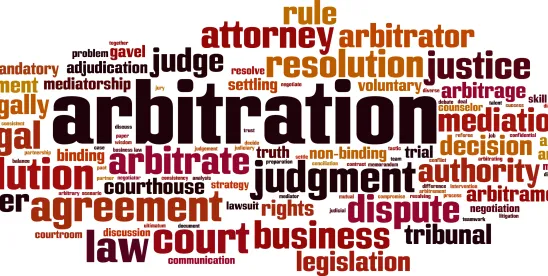In a decision with significant impact for employers defending Private Attorney General Act (PAGA) cases, a California 2nd District Court of Appeal panel ruled on December 30, 2024, that plaintiffs cannot circumvent arbitration by filing PAGA suits in which the plaintiff claims that “no individual claim is sought.” Following the 2024 decision of Balderas v. Fresh Start Harvesting, Inc., plaintiffs have engaged in so-called “headless” PAGA litigation, wherein they allege their claims on a solely representative basis in order to avoid mandatory arbitration of their individual claims. But in Leeper v. Shipt, Inc., the court ruled that PAGA suits, by definition, must include an individual claim. As such, plaintiffs cannot bring “headless,” purely representative PAGA suits in an effort to avoid arbitration. Therefore, when an employee is subject to a mandatory arbitration agreement, they can no longer omit individual claims from PAGA suits as a means of avoiding arbitration.
Leeper now represents a split with the Balderas decision, which was decided by a different 2nd District panel. In Balderas, the court allowed the plaintiff to bring a PAGA action on behalf of only her co-workers and devoid of any individual claims. The Leeper court found that Balderas was inapplicable because it did not discuss “whether a plaintiff may carve out an individual PAGA claim from a PAGA action.” The split in appellate opinion is likely to be addressed by the California Supreme Court in the coming years.
The Leeper decision continues to show a pattern of stricter court decisions following emergency legislation in June of 2024, which saw PAGA amended for the first time since its passage in 2004 to address the statute’s vagueness that has led to decades of costly litigation. In addition to the employer-friendly changes that the amendments brought (which we address here), employers can now also rely on the holding in Leeper to challenge “headless” PAGA lawsuits.




 />i
/>i

